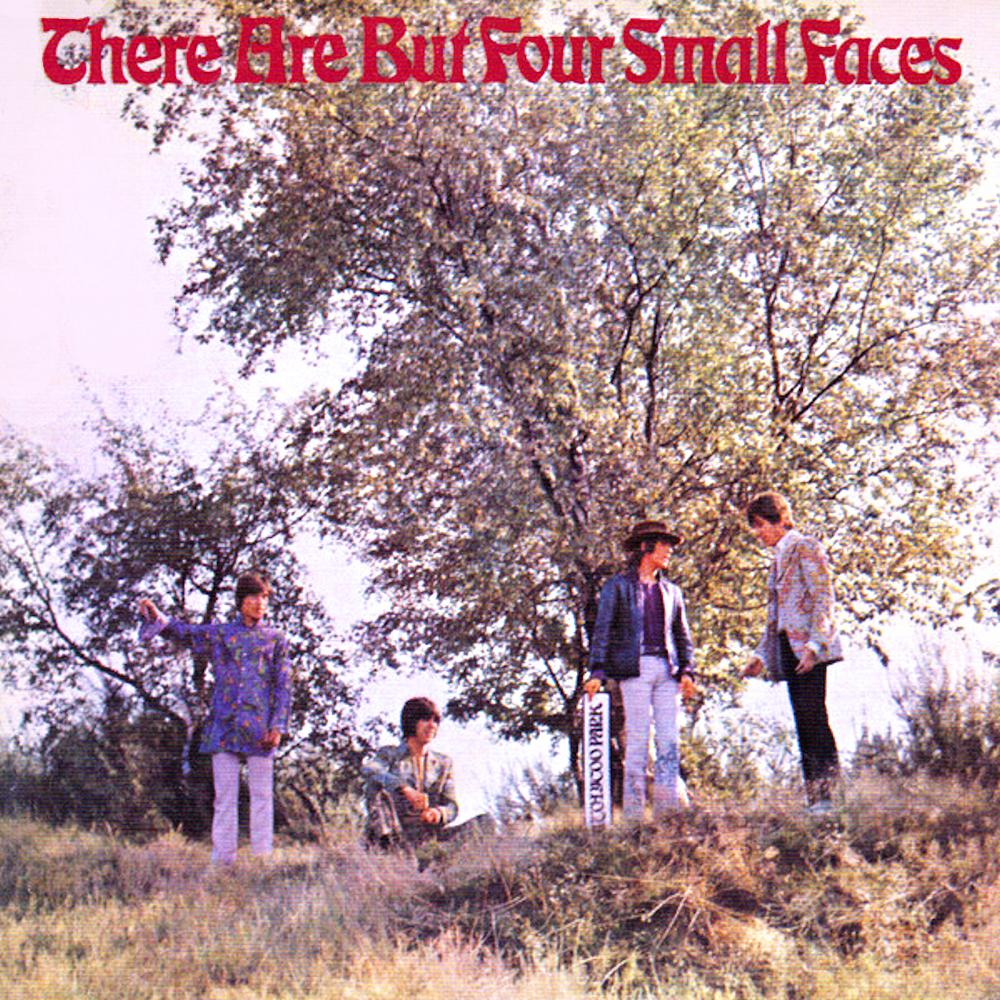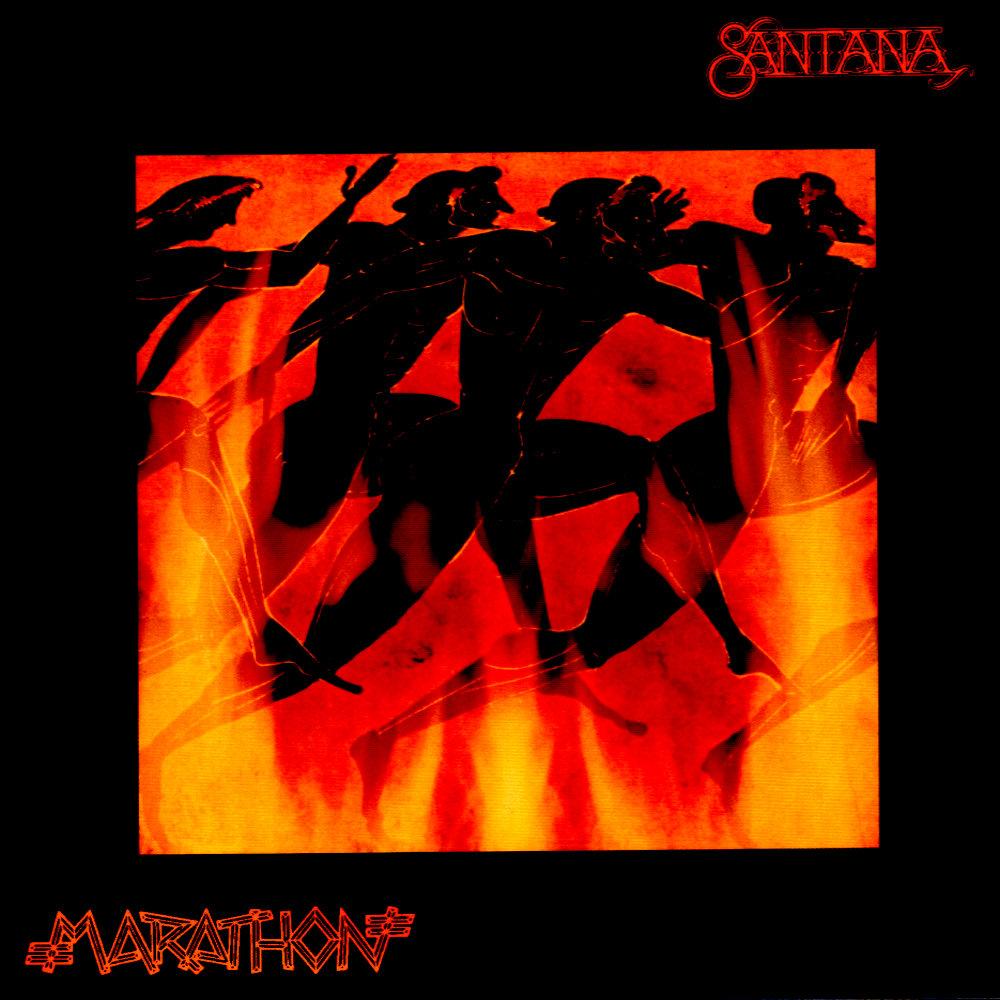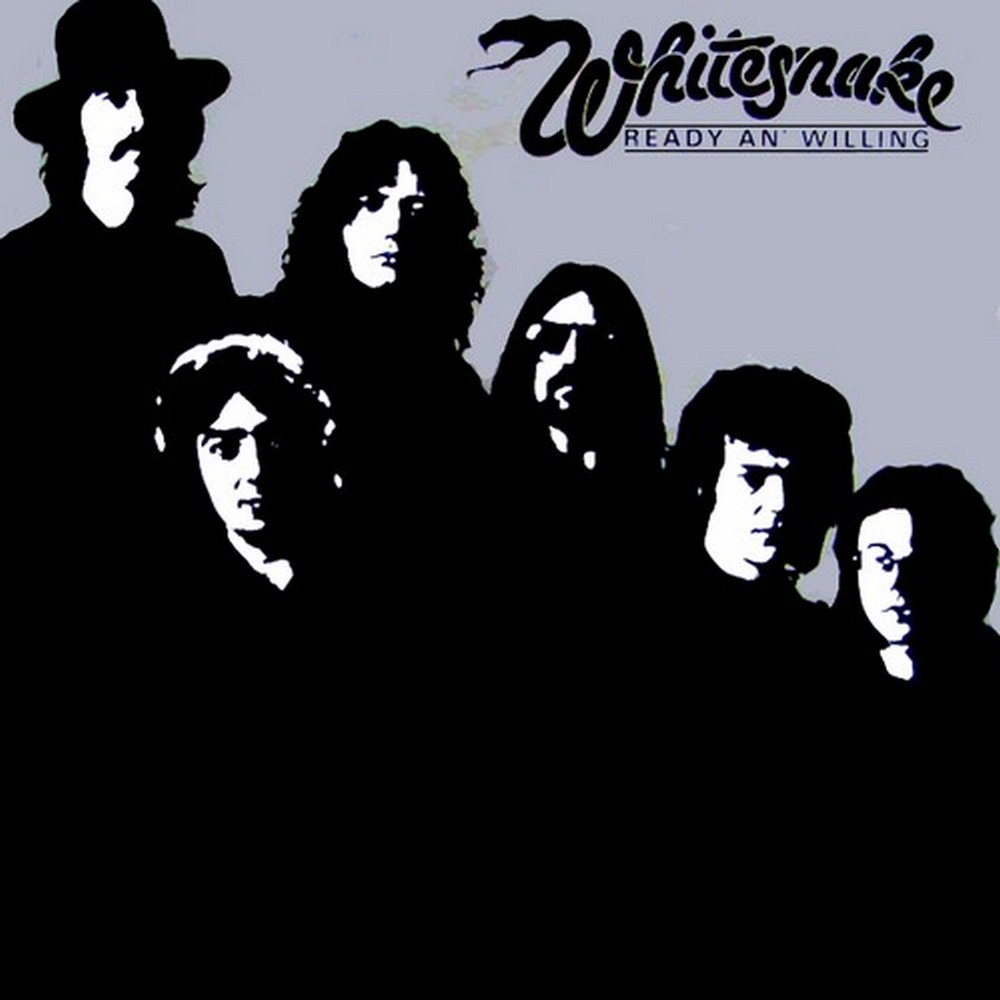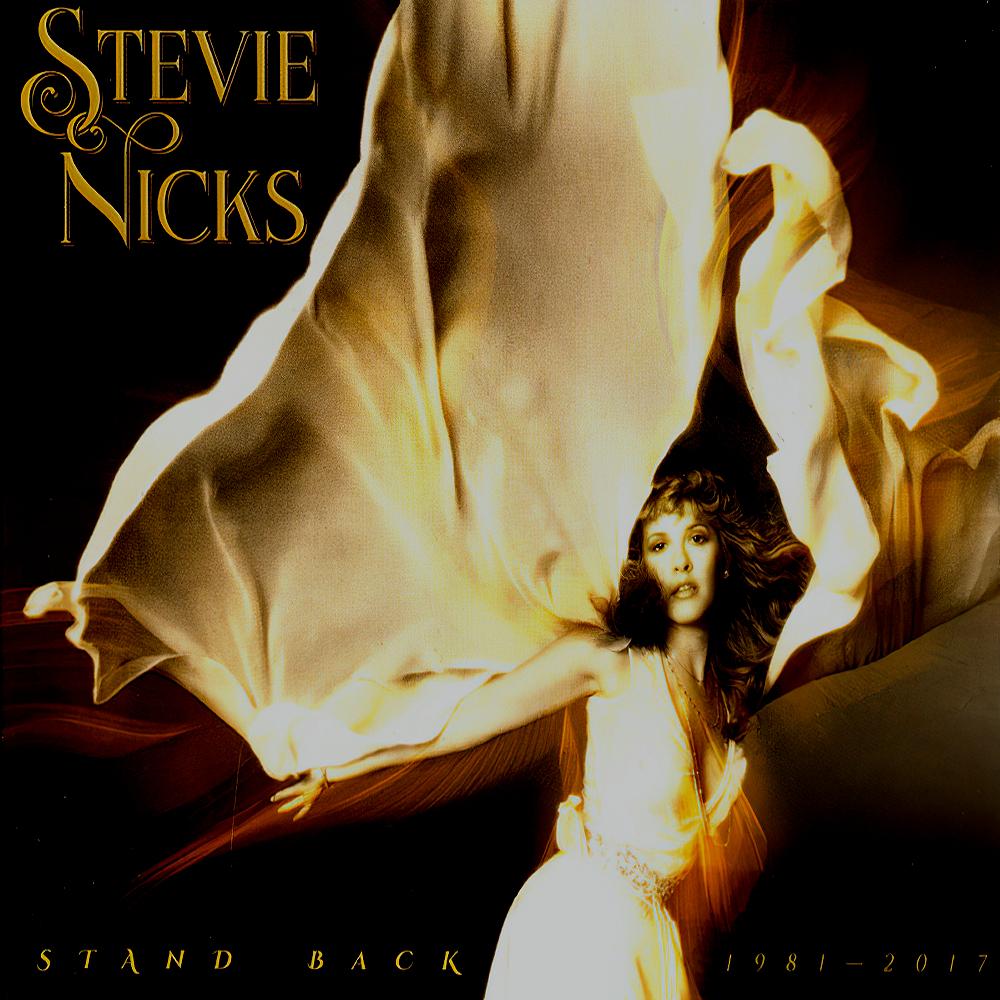
Album Information:
Album ID: 9699
About Small Faces:
Small Faces was an English rock band formed in London in 1965. The original lineup of the band consisted of Steve Marriott on vocals and guitar, Ronnie Lane on bass and vocals, Kenney Jones on drums, and Jimmy Winston on keyboards. After Winston's departure in 1966, Ian McLagan joined the band as their new keyboardist.
Small Faces quickly gained popularity in the UK with their unique blend of R&B, soul, and psychedelic rock. Their first single, 'Whatcha Gonna Do About It,' became a top 20 hit in the UK singles chart in 1965, and was followed by several other successful singles including 'Sha-La-La-La-Lee' and 'All or Nothing.'
In 1967, Small Faces released their landmark album, 'Ogdens' Nut Gone Flake,' which reached number one on the UK album chart and became one of the most significant psychedelic albums of the era. The album includes hit singles such as 'Lazy Sunday' and 'Tin Soldier,' and is recognized as a classic of the genre.
Despite their success, the band experienced internal tensions and creative differences between Marriott and Lane, which ultimately led to Marriott leaving the band in 1969 and forming Humble Pie. The remaining members continued as Faces, with new member Rod Stewart on vocals, and released several successful albums throughout the 1970s.
Small Faces' influence on British rock and roll is undeniable and continues to be celebrated today. Their distinctive sound and style, characterized by Marriott's powerful vocals and driving guitar riffs, Lane's melodic bass playing, McLagan's Hammond organ, and the band's tight harmonies, are a testament to their enduring legacy as one of the most influential rock bands of all time.
About the album There Are But Four Small Faces:
Sure, let me give it a try!
'There Are But Four Small Faces' is the third studio album by the British rock band Small Faces, released in 1967. It features 12 tracks, including six original songs written by the band members themselves.
The album opens with the energetic and catchy pop-rock tune 'Itchycoo Park', which became one of the band's biggest hits and a classic of the psychedelic era. The song's dreamy atmosphere and trippy lyrics set the tone for the rest of the album, which also explores themes of love, youth, and the pleasures and pitfalls of fame.
Other standout tracks include 'Green Circles', a whimsical tune with a playful melody and sing-along chorus; 'Get Yourself Together', a bluesy rock number with a driving rhythm and gritty vocals; and 'Talk to You', a tender ballad with a beautiful, almost orchestral arrangement.
The album also features some experimental tracks, such as the trippy and unpredictable 'Up the Wooden Hills to Bedfordshire', which features sound effects, unusual time signatures, and whimsical lyrics that seem to tell a surreal story. 'All Our Yesterdays' is another example of the band's willingness to break free from conventional song structures, with its shifting tempos, unexpected chord changes, and poetic lyrics.
Overall, 'There Are But Four Small Faces' showcases the band's versatility, creativity, and musicianship, as well as their ability to blend different genres and styles into a cohesive, yet diverse, album. It's a true gem of the psychedelic era, and a testament to Small Faces' enduring influence on rock music.
Members:
Small Faces was an English rock band that formed in 1965 and gained popularity in the mid-1960s. The band's lineup consisted of four members, who all played a vital role in the band's success. Here are their biographies:
1. Steve Marriott (vocals, guitar)
Steve Marriott was born on January 30, 1947, in East London and started playing music at a young age. He began his professional career as a member of the band The Moments, but it was with Small Faces that he gained widespread recognition. In addition to being the band's lead vocalist, Marriott also played guitar and wrote many of their songs. He left the band in 1969 to form Humble Pie but continued to have a successful career as a musician until his untimely death in 1991.
2. Ronnie Lane (bass, vocals)
Ronnie Lane was born on April 1, 1946, in East London. He was a multi-instrumentalist and played bass for Small Faces, in addition to contributing backing vocals. Lane was also a prolific songwriter and wrote some of the band's most beloved songs. In 1969, he left the band to form the Faces with Rod Stewart and Ronnie Wood. Lane continued to record music until his death in 1997.
3. Kenney Jones (drums)
Kenney Jones was born on September 16, 1948, in London. He began his music career as a drummer for various bands before joining Small Faces in 1965. Jones became known for his energetic and distinctive drumming style, and he played a crucial role in defining the band's sound. After Small Faces disbanded in 1969, Jones went on to become the drummer for The Who.
4. Ian McLagan (keyboards)
Ian McLagan was born on May 12, 1945, in Hounslow, Middlesex. He began playing the piano at a young age and soon became an accomplished keyboardist. McLagan joined Small Faces in 1965, where he played the Hammond organ and other keyboard instruments. He was also a talented songwriter and contributed several songs to the band's repertoire. After Small Faces disbanded in 1969, McLagan continued to play with Ronnie Lane in the Faces and later enjoyed a successful solo career. He passed away in 2014.
Track List for There Are But Four Small Faces:
Sure, I'd be happy to help you with that!
Here are the tracks on There Are But Four Small Faces by Small Faces in order, along with their play time and a brief description of each:
1. 'Talk to You' (2:14) - This upbeat rock track kicks off the album with driving guitar riffs, powerful drums, and Steve Marriott's distinctive vocals. The lyrics address the struggles of communication in a relationship, but the energy of the music keeps things optimistic.
2. 'Up the Wooden Hills to Bedforshire' (2:04) - This whimsical track takes its name from a line in the nursery rhyme 'Ride a Cock Horse.' With a gentle, folky sound and unorthodox instrumentation (including a recorder and a Mellotron), it creates a dreamlike atmosphere that perfectly complements the childlike lyrics.
3. 'Come on Children' (4:22) - Clocking in at over four minutes, this track is the longest on the album and showcases the band's versatility. It starts off with a mellow, folky melody before transitioning into a catchy, upbeat chorus. The lyrics encourage children to embrace their creativity and follow their dreams.
4. 'Flowers in the Rain' (2:25) - One of Small Faces' most famous songs, 'Flowers in the Rain' features a jangly guitar riff and a memorable melody that makes it an instant earworm. The lyrics depict a whimsical daydream, with rainbow-colored flowers and an idyllic garden setting.
5. 'If I Were a Carpenter' (2:44) - Originally written by Tim Hardin, 'If I Were a Carpenter' gets a soulful and groovy makeover in Small Faces' version. Marriott's powerful vocals complement the romantic lyrics perfectly, while the horns and organs give the song a full-bodied sound.
6. 'Itchycoo Park' (2:46) - Another of Small Faces' biggest hits, 'Itchycoo Park' is a psychedelic masterpiece that showcases the band's experimentation with new sounds and styles. The chorus features a memorable flute riff and a catchy melody that is instantly recognizable even today.
7. 'I'm Only Dreaming' (2:22) - This dreamy ballad features a tender vocal performance from Marriott and a beautiful, soaring melody. The lyrics explore the themes of love and longing, setting a melancholic but hopeful mood.
8. 'Don't Burst My Bubble' (2:03) - With its upbeat horns and playful lyrics, 'Don't Burst My Bubble' is a fun and lively tune that encourages listeners to stay optimistic even in the face of disappointment.
9. 'Something I Want to Tell You' (3:10) - This moody, soulful track features a bluesy piano riff and Marriott's emotive vocals. The lyrics depict the frustration and heartache of trying to communicate with a distant lover.
10. 'Get Yourself Together' (2:16) - This funky rock track features driving guitar riffs and lively horns that will get your feet tapping. The lyrics encourage listeners to embrace their individuality and break free from the constraints of society.
Overall, There Are But Four Small Faces is a diverse and innovative album that showcases the band's versatility and creativity. From psychedelic experimentation to soulful ballads to upbeat rockers, Small Faces prove that they are a force to be reckoned with.
Discography for Small Faces:
Sure thing! Here's a complete discography in chronological order for Small Faces, including all albums, singles, and other releases:
Albums:
- Small Faces (1966)
- From the Beginning (1967)
- Small Faces (also known as There Are But Four Small Faces) (1967)
- Ogdens' Nut Gone Flake (1968)
- The Autumn Stone (1969)
- Playmates (1977)
Singles:
- 'Whatcha Gonna Do About It' / 'What's a Matter Baby' (1965)
- 'I've Got Mine' / 'It's Too Late' (1965)
- 'Sha-La-La-La-Lee' / 'Grow Your Own' (1966)
- 'Hey Girl' / 'Almost Grown' (1966)
- 'All or Nothing' / 'Understanding' (1966)
- 'My Mind's Eye' / 'I Can't Dance With You' (1966)
- 'I Can't Make It' / 'Just Passing' (1967)
- 'Tin Soldier' / 'I Feel Much Better' (1967)
- 'Here Come the Nice' / 'Talk to You' (1967)
- 'Itchycoo Park' / 'I'm Only Dreaming' (1967)
- 'Lazy Sunday' / 'Rollin' Over' (1968)
- 'The Universal' / 'Donkey Rides, A Penny, A Glass' (1968)
- 'Afterglow (Of Your Love)' / 'Wham Bam Thank You Mam' (1969)
Other releases:
- 'From the Beginning' (single edit) / 'Up the Wooden Hills to Bedfordshire' (non-album track released as a single B-side) (1967)
- 'The Autumn Stone' / 'Me You and Us Too' (non-album track released as a single B-side) (1969)
- 'I'm Only Dreaming' / 'Shame, Shame' (non-album track released as a single B-side) (1969)
- 'The Hungry Intruder' / 'The Journey' (non-album tracks released on the Ogdens' Nut Gone Flake 50th Anniversary Deluxe Edition) (2018)
I hope that helps! Let me know if you have any questions.


 Last Played: 11/01/24 06:14 AM
Last Played: 11/01/24 06:14 AM Last Played: 11/01/24 06:08 AM
Last Played: 11/01/24 06:08 AM